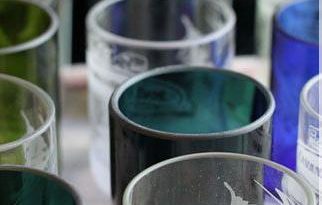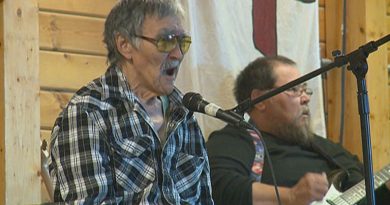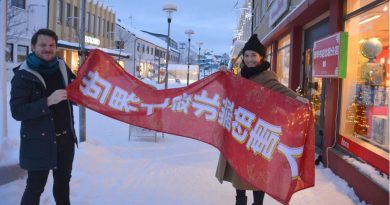‘A shared understanding’: Northerners take in Pope’s apology while looking to next steps
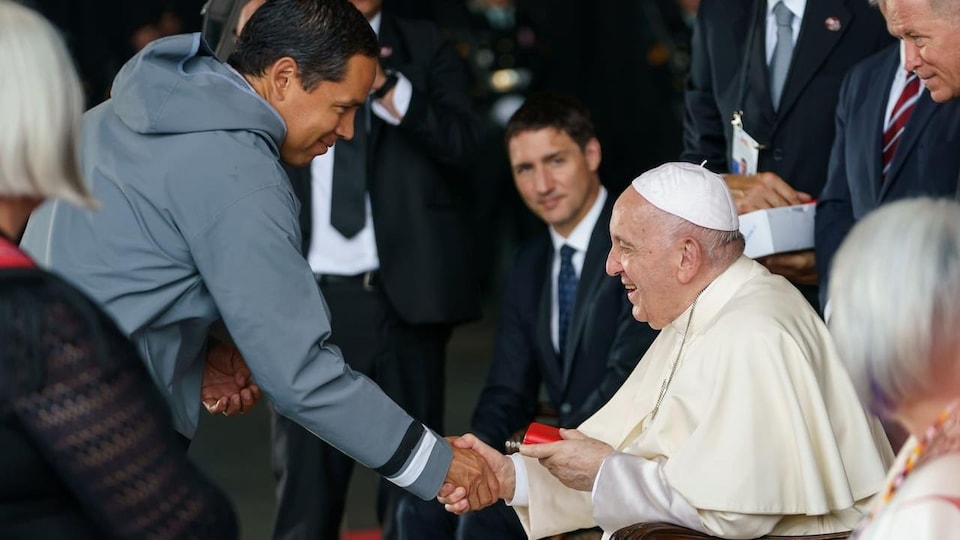
For Natan Obed, the apology by Pope Francis on Monday to Indigenous people in Canada for the role the Catholic Church played in residential schools was a step in the right direction.
“In addition to the apology, which I felt was sincere,” said Obed, president of Inuit Tapiriit Kanatami, “it was very good to hear him show how he understood what had happened in a way that I think a lot of residential school survivors talk about.”
The Pope apologized for members of the Catholic Church who co-operated with Canada’s “devastating” policy of Indigenous residential schools, saying the forced assimilation of Indigenous peoples into Christian society destroyed their cultures, severed their families and marginalized generations in ways still being felt now.
“I humbly beg forgiveness for the evil committed by so many Christians against the Indigenous peoples,” Francis told thousands of Indigenous people, including many survivors, who converged Monday in Maskwacis, Alta.
Obed, who was there to hear Francis apologize in person, said he also appreciated there was consecutive translation of the pontiff’s apology. That was not the case in Rome last spring, which Obed said was entirely said in Italian.
On top of that, Obed said this apology had more nuance.
“There was more conversation about the respect that the Pope has for Indigenous language, Indigenous communities, Indigenous cultures and very clearly how the Catholic Church had sought to eradicate and destroy [it] — desecrate, I think were his words,” Obed said.
Obed said the Pope seemed to show “the humanity of our people.”
“To have the Pope reflect that back to us, I thought, was quite moving.”
‘A shared understanding’
Obed’s father was a residential school survivor, which he said impacted his own upbringing and his understanding of the world. He said the gathering on Monday brought about a sense of community in him with other survivors and intergenerational survivors.
“There’s just a shared understanding,” he said. “It makes me feel stronger in moving forward on the things that still need to happen.”
First and foremost, he said, that includes holding to account anyone responsible for sexual abuse of children in residential schools.
It also means doing more to support the well-being of Indigenous children.
“We all have a role to play in reconstituting that in our communities, and we don’t need the church to do that for us, we can help as Indigenous leaders and Indigenous people to ensure that our children grow up in a better way than we did.”
Obed said he hopes the Pope repeats his apology during his trip to Iqaluit Friday.
“We also hope that the Pope will connect with our community the way that he’s connected here … We hope that for Inuit.”
‘A very personal journey’
Aluki Kotierk, the president for Nunavut Tunngavik Inc., was part of a group of Inuit from across Nunavut who travelled a long way — from Iqaluit to Rankin Inlet, Yellowknife and then to Edmonton by charter flight — to hear the Pope deliver his apology on Canadian soil.
She said the apology will likely be accepted differently by each person.
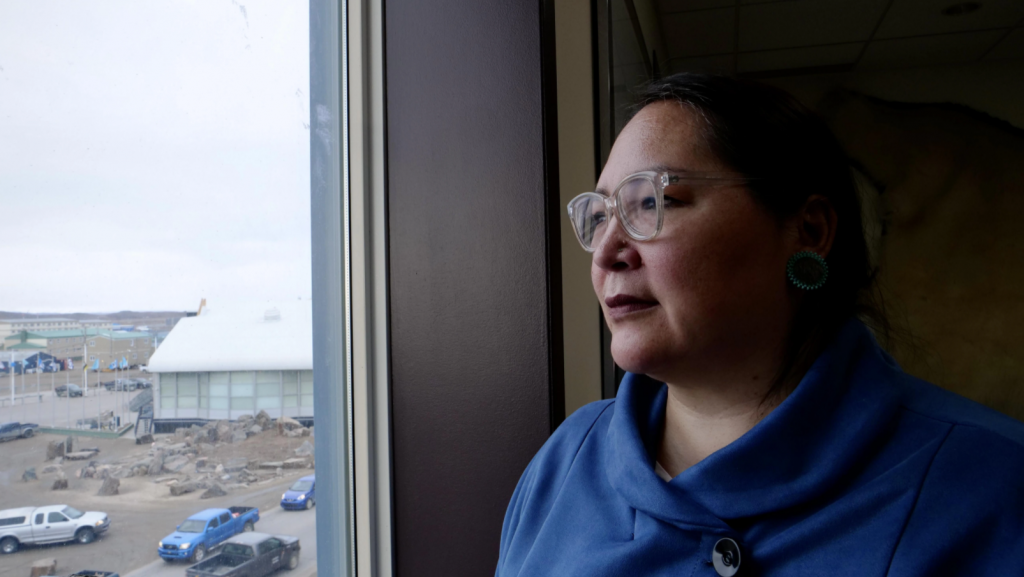
“I think healing is a very personal journey. And so I think it will be really useful and helpful for some people. I think for some people … it’s still not the right time,” Kotierk said.
Among the topics she had hoped the Pope would address was sexual abuse, and the “predators” in the Catholic church responsible for it, but she thinks the apology fell short of that.
“I didn’t hear that,” she said.
“But I did hear that he’s asking for forgiveness. And I think the fact that he said it so publicly here in Canada, is very positive in the sense that it also raises the awareness of other Canadians to understand what Indigenous peoples have experienced.”
‘Praying for everyone back home’
Russell Manuel, who is originally from Fort Good Hope, N.W.T., travelled with a group from Norman Wells to hear the apology.
He did not go to residential school, and said he was attending the event as part of the healing journey for those who couldn’t make it.
Manuel said he wanted to “experience history in the making for the Pope, to see him and to hear him talk.”
“I’ll be praying for everybody back home,” he said. “It’s gonna be a flood of emotions for everybody back home.”
Susan Enge from Fort Smith, N.W.T., who also spoke to CBC News ahead of the event, said she and her family were anxious while waiting to see the Pope on Monday.

“At the end of the day, his message was heartwarming,” she said.
“It was reassuring. I got the sense that he acknowledged what the church had done, the suffering our people endured, and the very much need for us to hear that he was sorry, that he asked for forgiveness,” she said.
“Those were the key words that I believe we wanted to hear and needed to hear in order to move forward and to start the healing journey.”
Enge also said the Pope’s presence “struck” her.
“He was very somber. It was a somber day and weather wise as well. So it was cloudy, kind of rainy,” she said. “Everyone, you could tell, were listening to him, and they have their own private reactions.”
Enge said it’s going to take time to process the event.
“There’s also anger and there’s bitterness there too,” she said. “I think a lot of people have buried a lot of their emotions, and I think I [saw] that kind of same reaction during and after the Pope’s message.”
‘At least this is a step’
Dene Nation Chief Gerald Antoine said he feels “positive,” after hearing the apology.
“People wanted him to apologize … he came to our home, he came to visit our family. And he said these words. He’s very sorry,” he said.
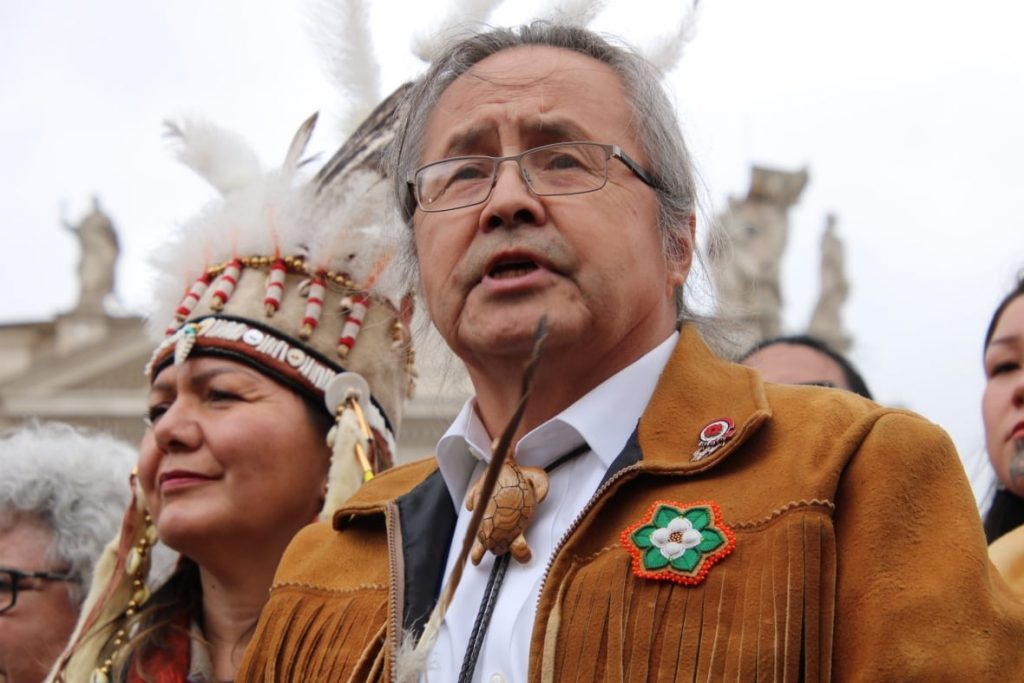
“At least this is a step.”
In a news release Monday, the Gwich’in Tribal Council said while the apology indicates the beginning of a renewed relationship, the council recognizes that it means different things to different people.
“There is also more to be done in terms of restitution and acceptance both within our Gwich’in communities in the Northwest Territories and for survivors across the Canada.”
Related stories from around the North:
Canada: Pope Francis apologizes for forced assimilation of Indigenous children at residential schools, CBC News
Finland: Psychosocial support for Sami proposed ahead of Finland’s Truth and Reconciliation Commission, Yle News
Greenland: Greenland, Denmark initiate investigation into past relations, Eye on the Arctic
Norway: Can cross-border cooperation help decolonize Sami-language education, Eye on the Arctic
Sweden: Sami in Sweden start work on structure of Truth and Reconciliation Commission, Eye on the Arctic
United States: Alaska reckons with missing data on murdered Indigenous women, Alaska Public Media

